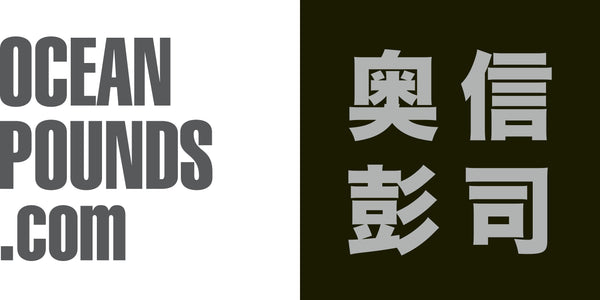Twenty
My father was a sojourner, who went away and never came back. In my lexicon I have a different feeling for the term, father means farther, distant and unfamiliar, remote and unreachable and I’ve never missed this figure, until now - we’ve never been this close. The flight from here to Havana is only six hours, a straight line pointing south, just north to the Caribbean Sea. I am eager to see this once so vibrant city, the island famous for its cigars, rum and Salsa, its Spanish-colonial architecture, Buena Vista Social Club, Guantanamo Bay, Fidel Castro and Che Guevara, and yes, the 1950s classic American and European cars. I would be lucky if I can find the grave of my father. I wouldn’t be surprised to find out I have a half-brother or sister. Will they look like me? I was told I looked like my father. Did my mother ever love him? Did my mother ever love me, I wonder. In the mid-1800s 100,000 Chinese men were brought to Cuba as indentured labourers. A century later a newly married man went there as a merchandiser but the revolution made him a soldier. He was my father, an involuntary migrant embroiled in the war, caught and detained in a country he never meant to stay. But in his last letters written in the 70s he never sounded displaced, nor showed any intent of coming back. Why do I even miss this person I know so little about, is it because he’s related, or just for curiosity; a fictitious character I need to prove exist? What if this nonagenarian still exists? Do I know how to love him? Would this accidental settler want to return home, in flesh, or in ashes.
